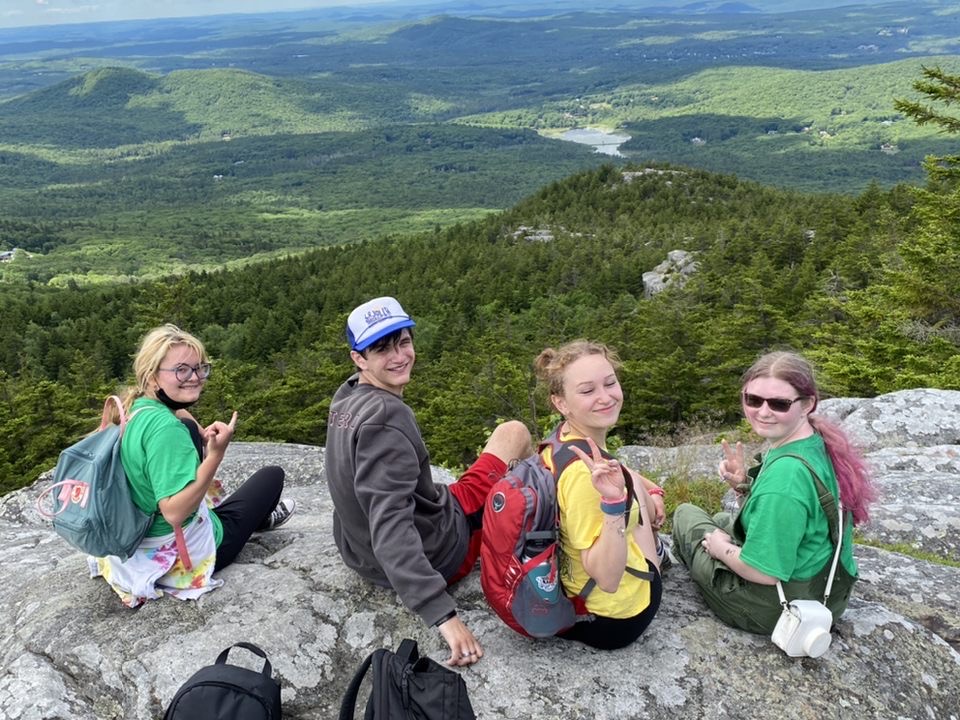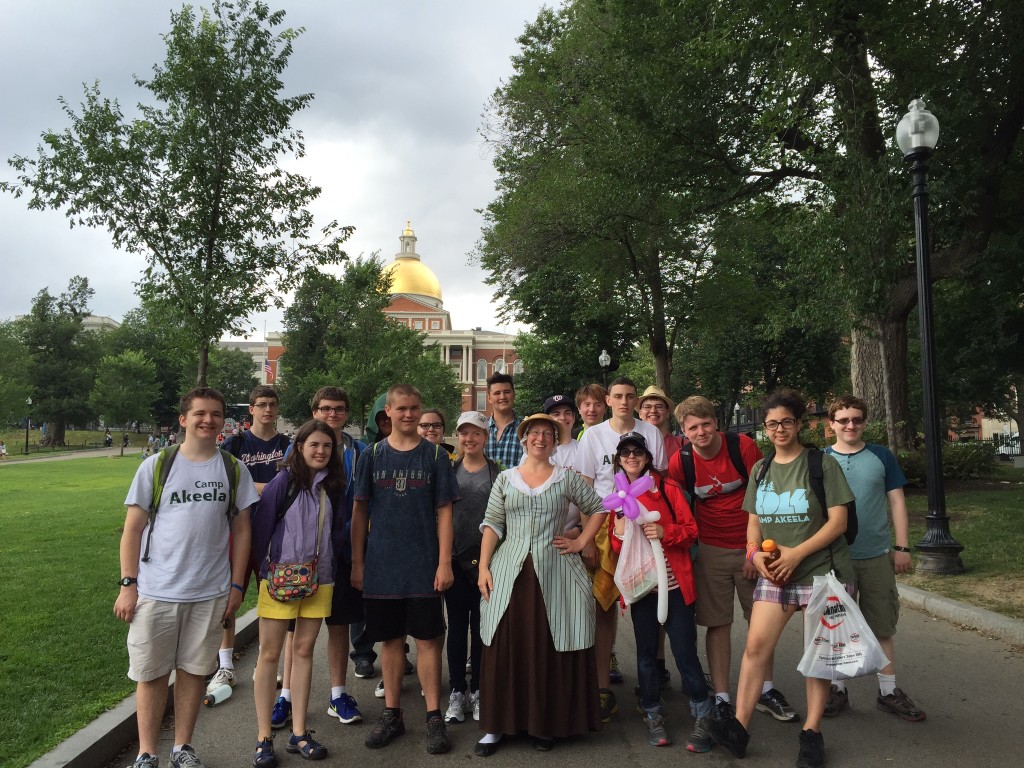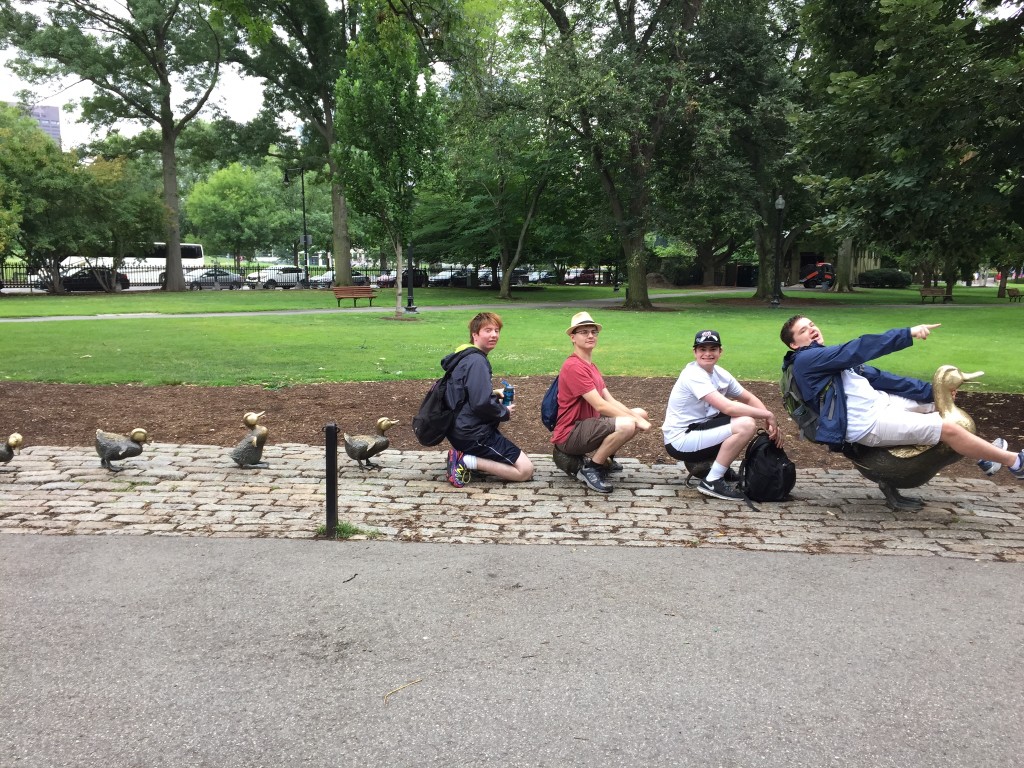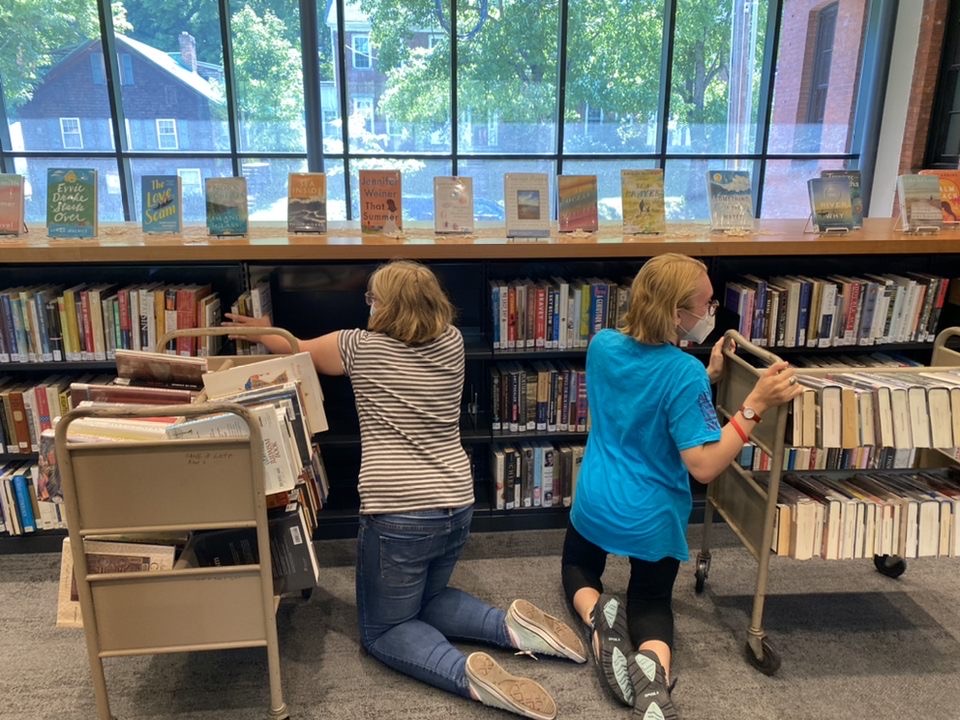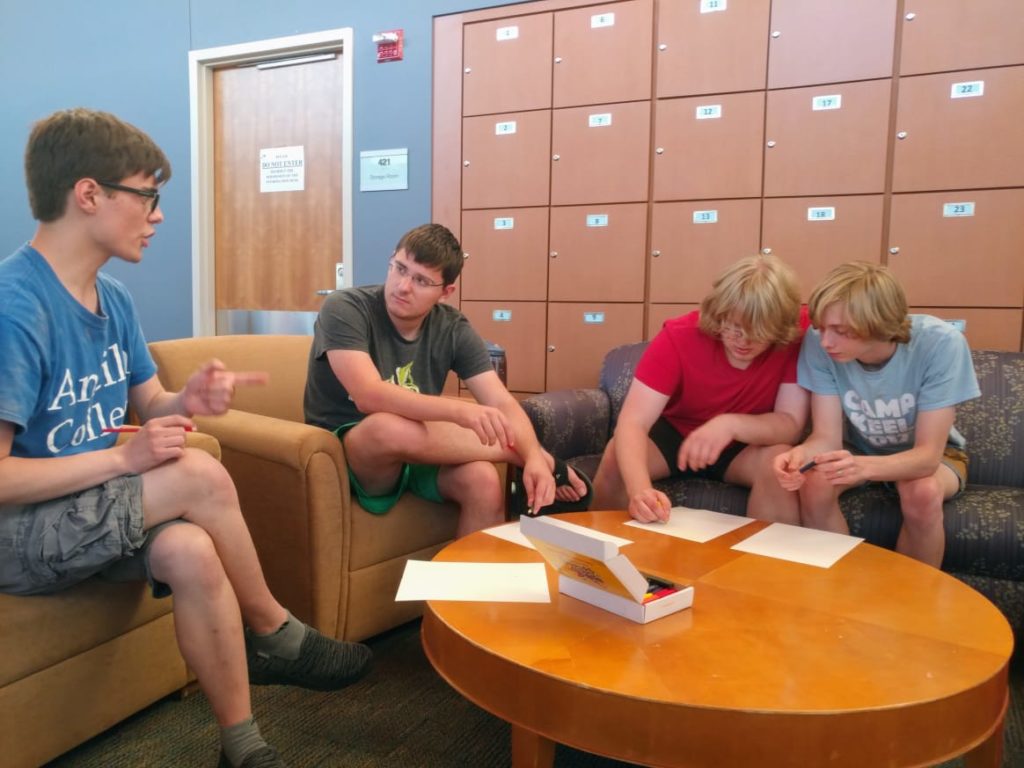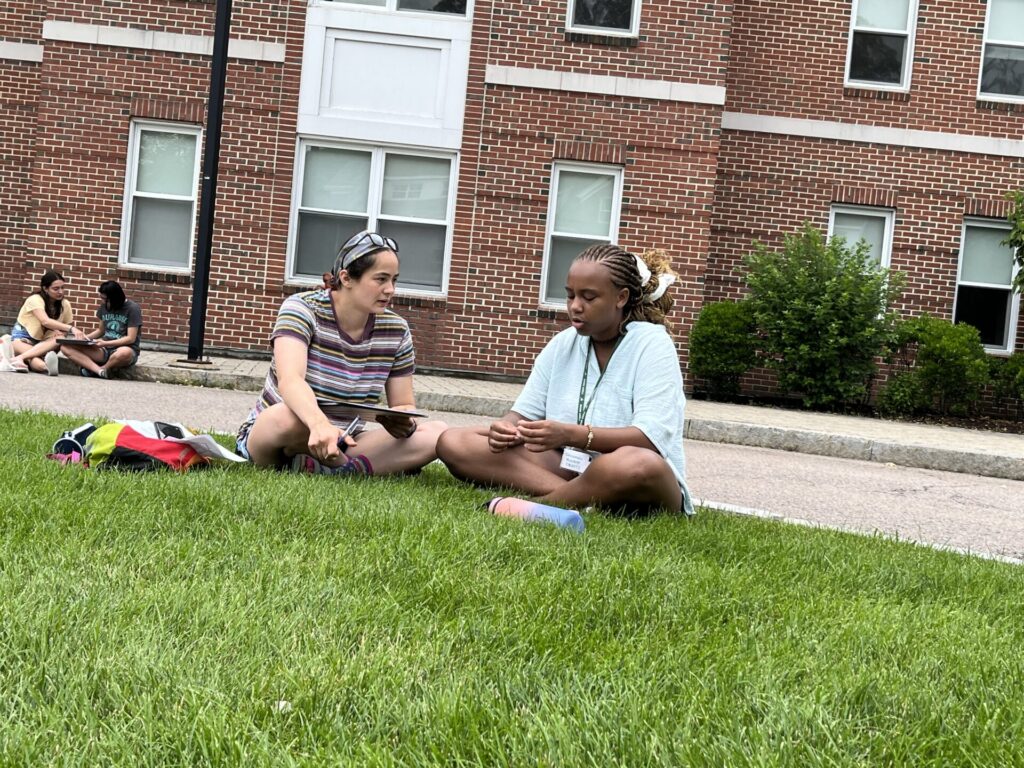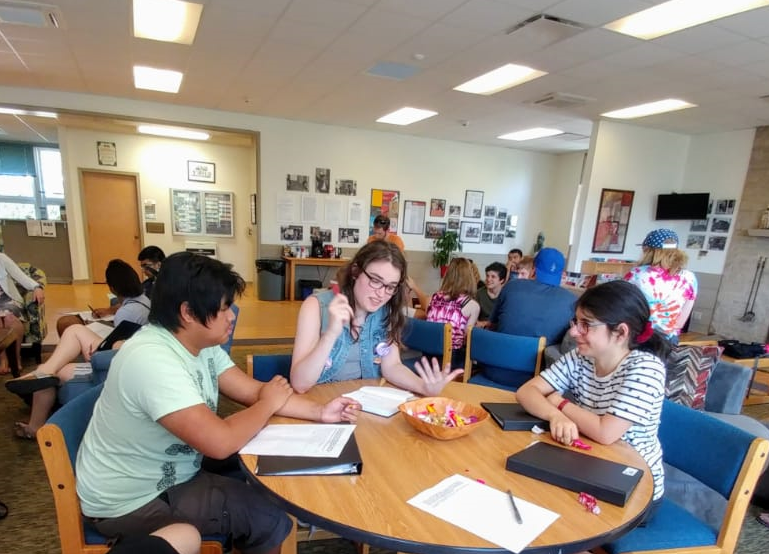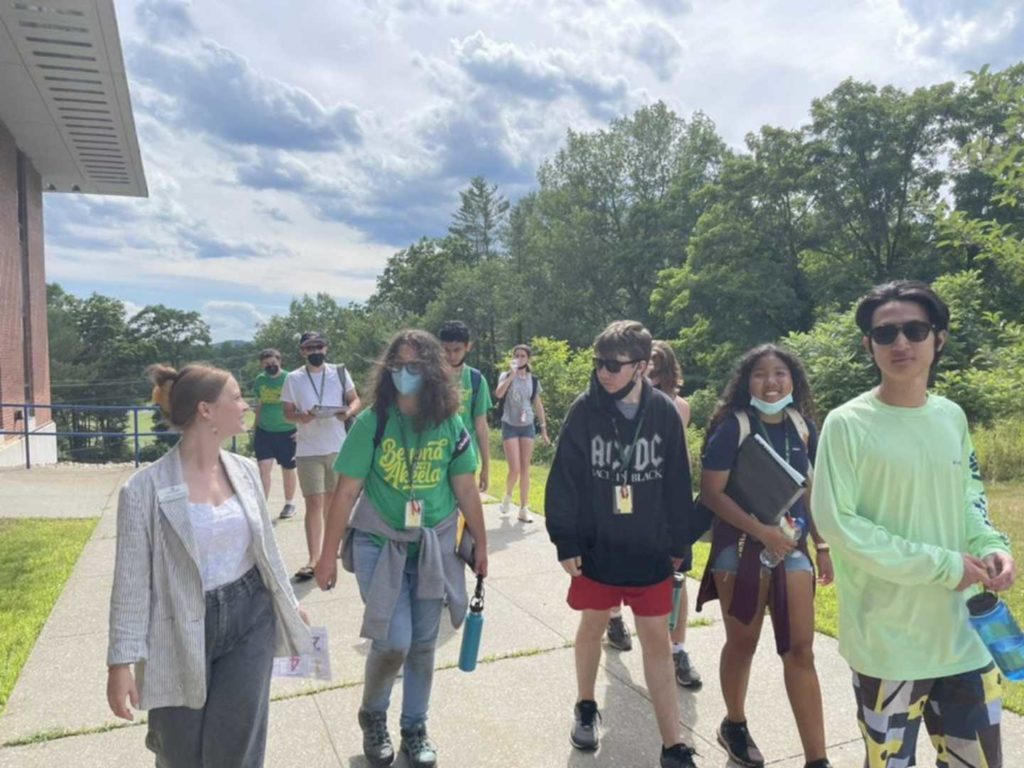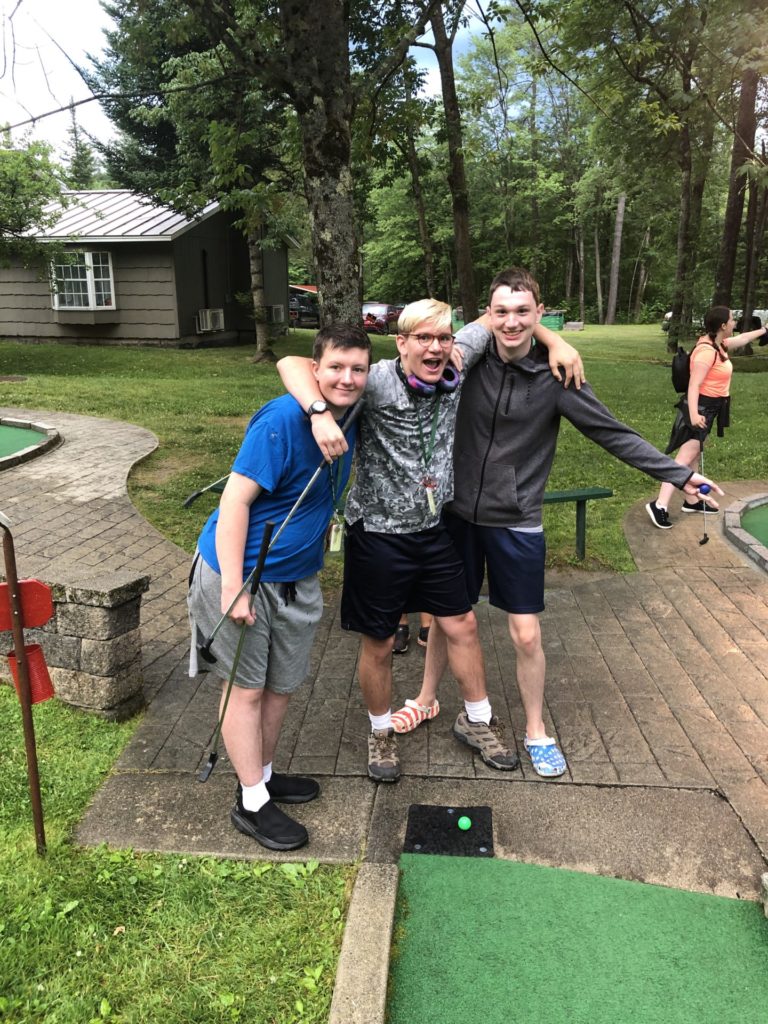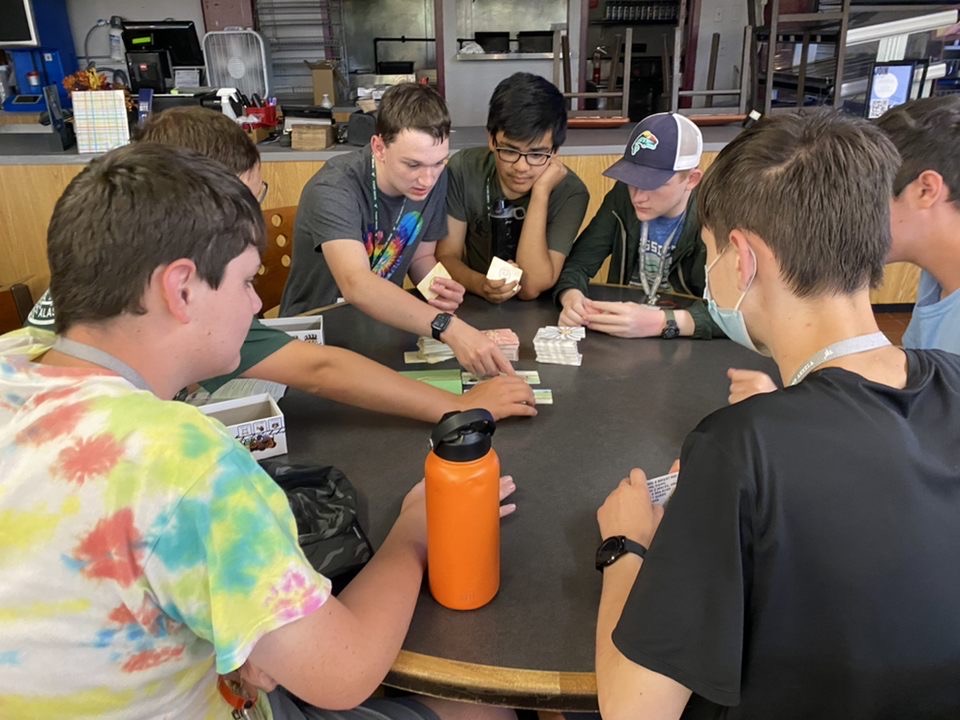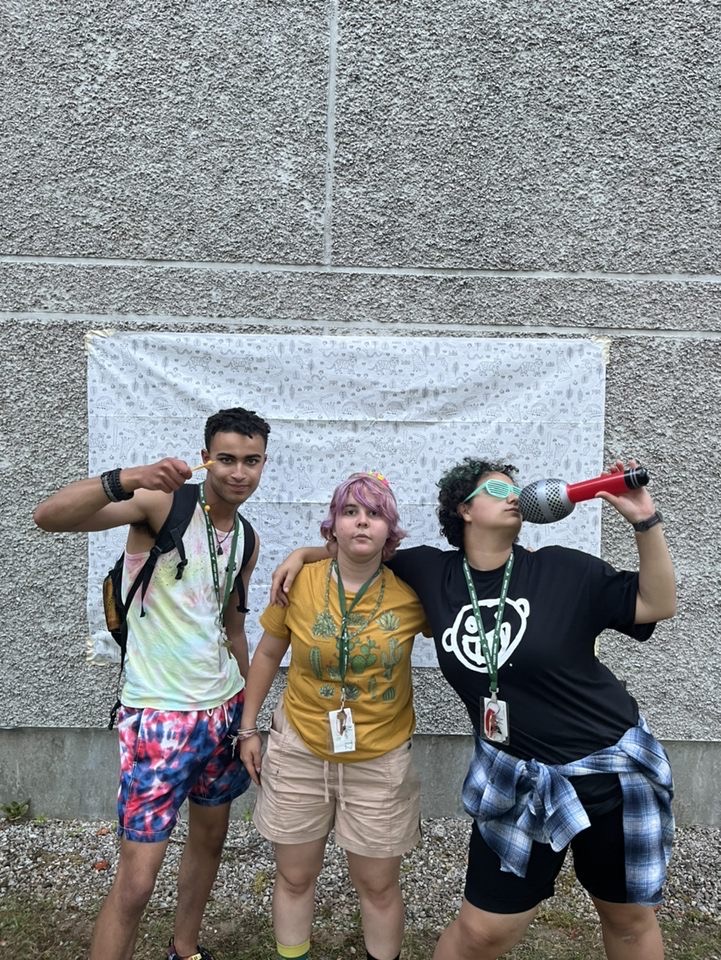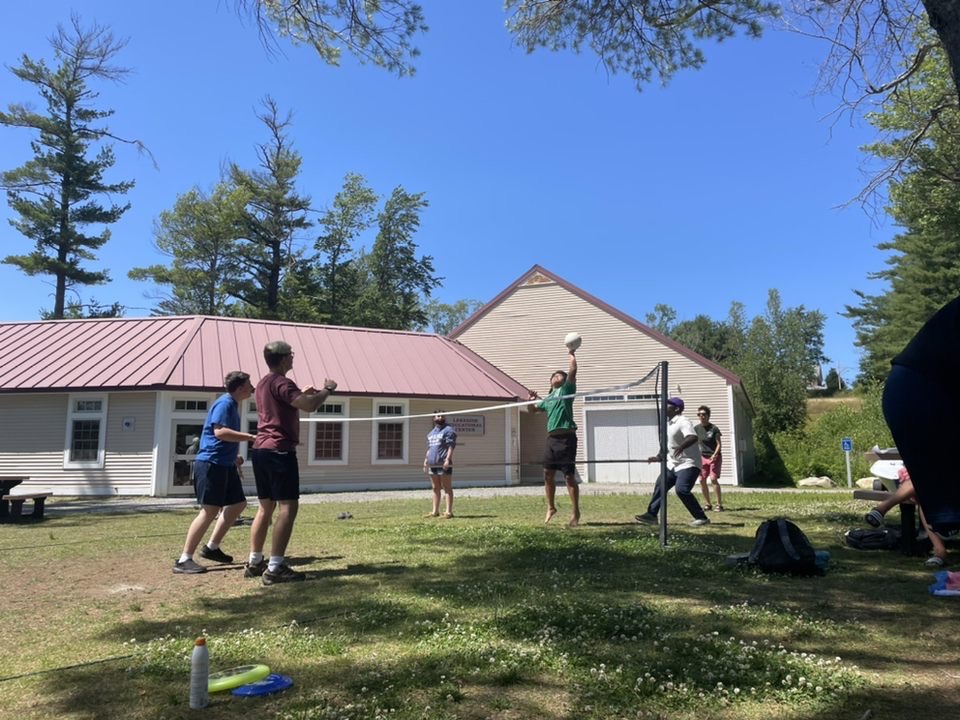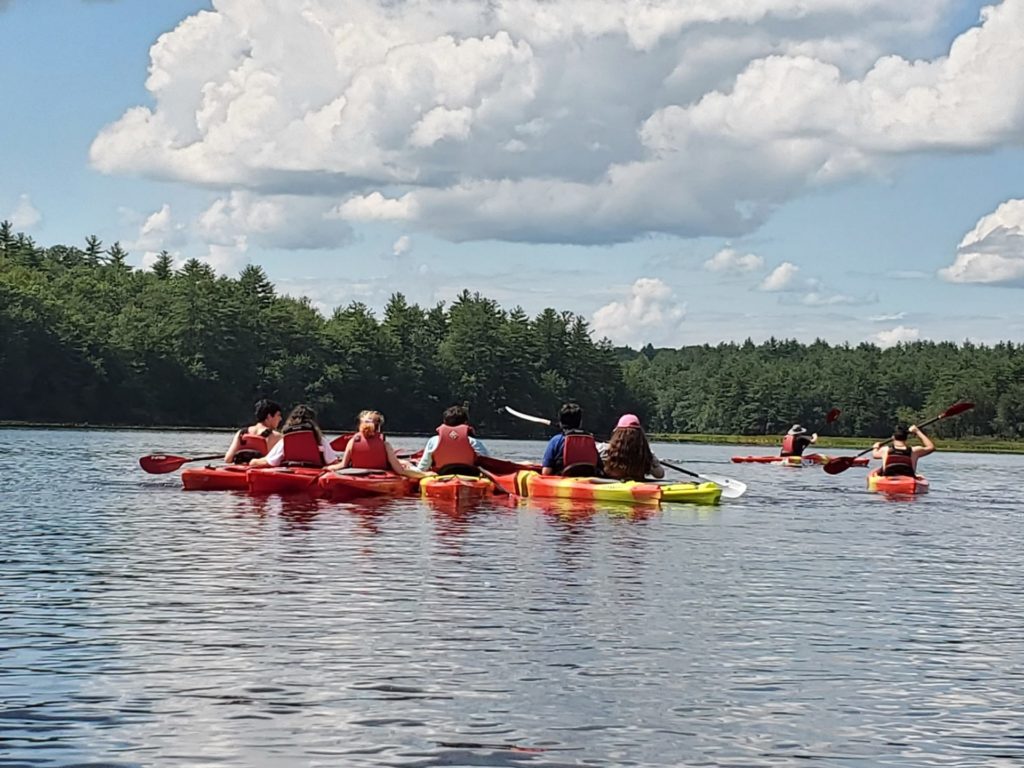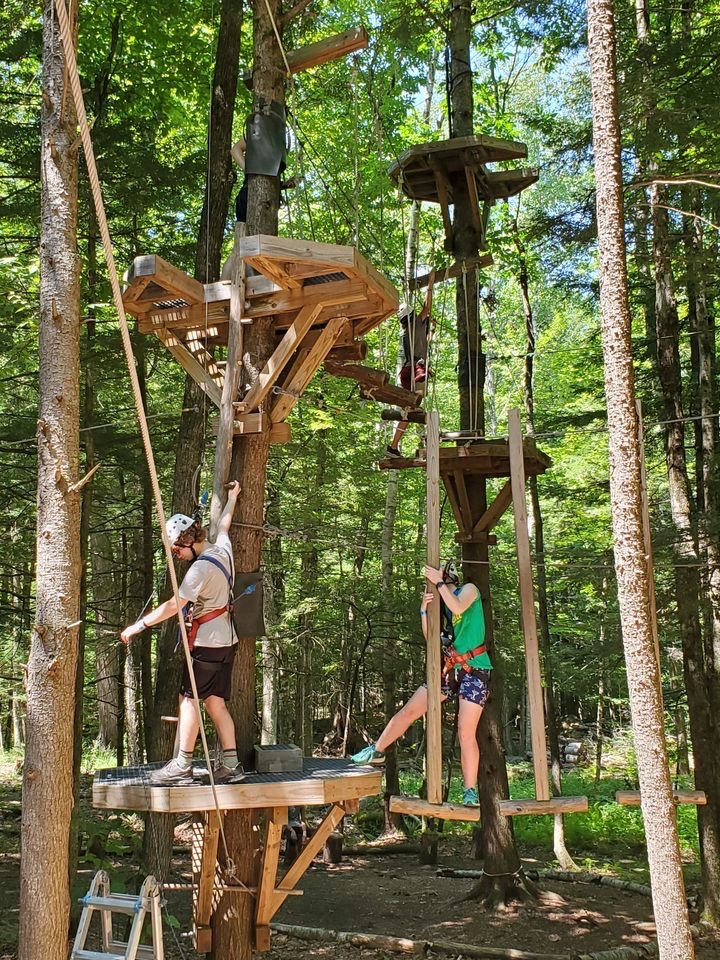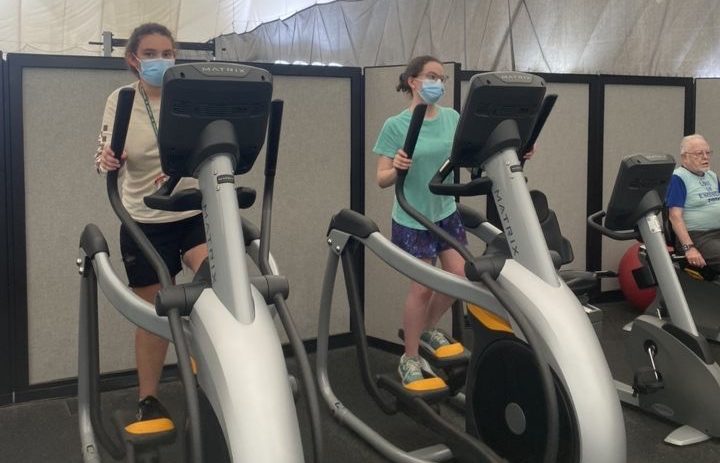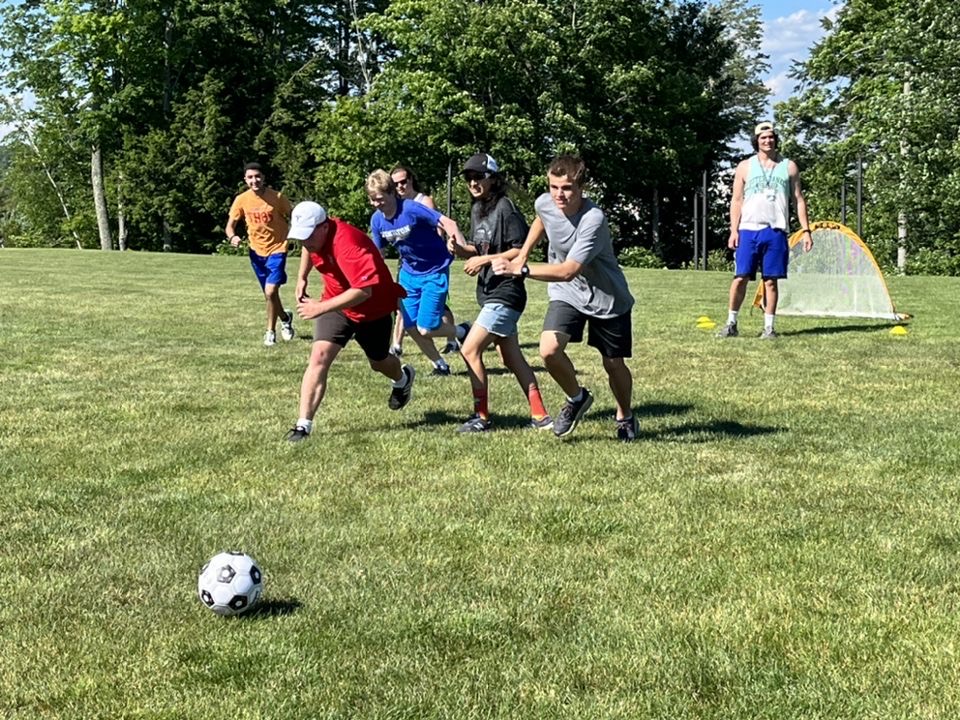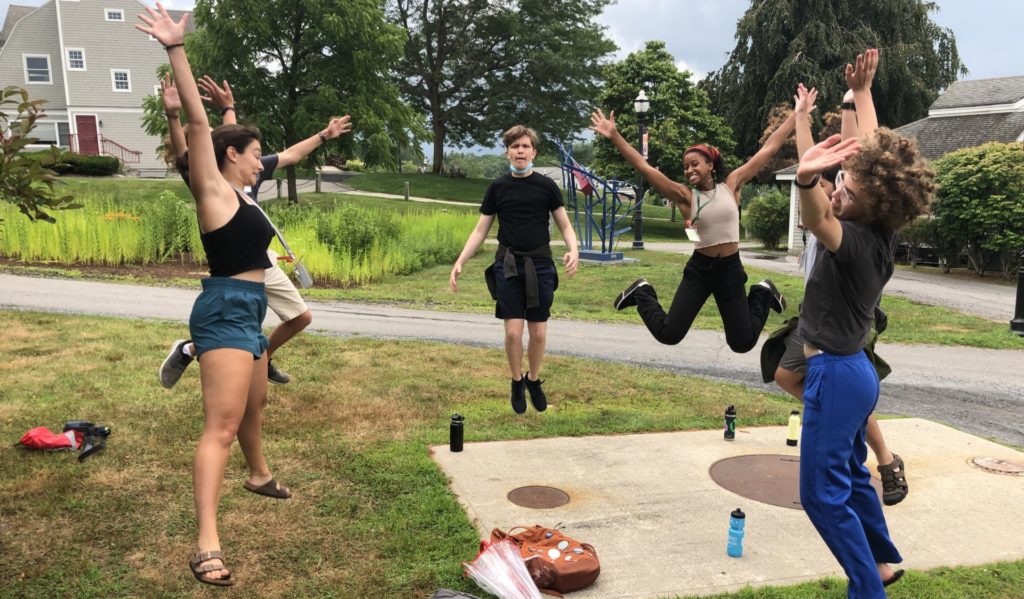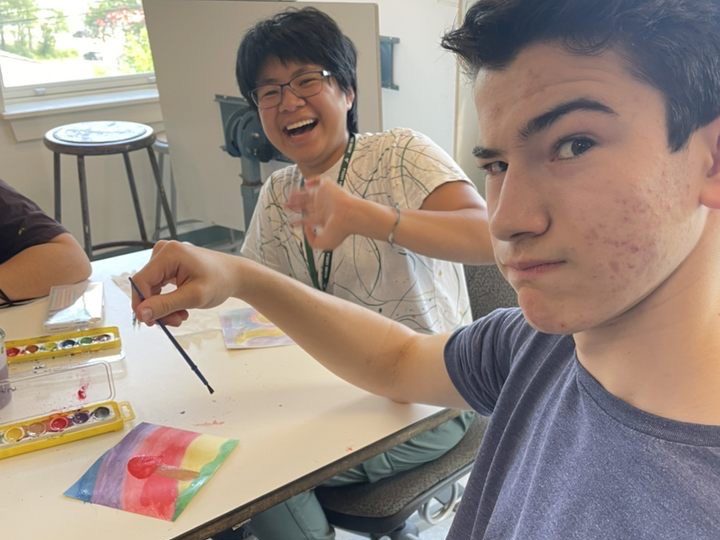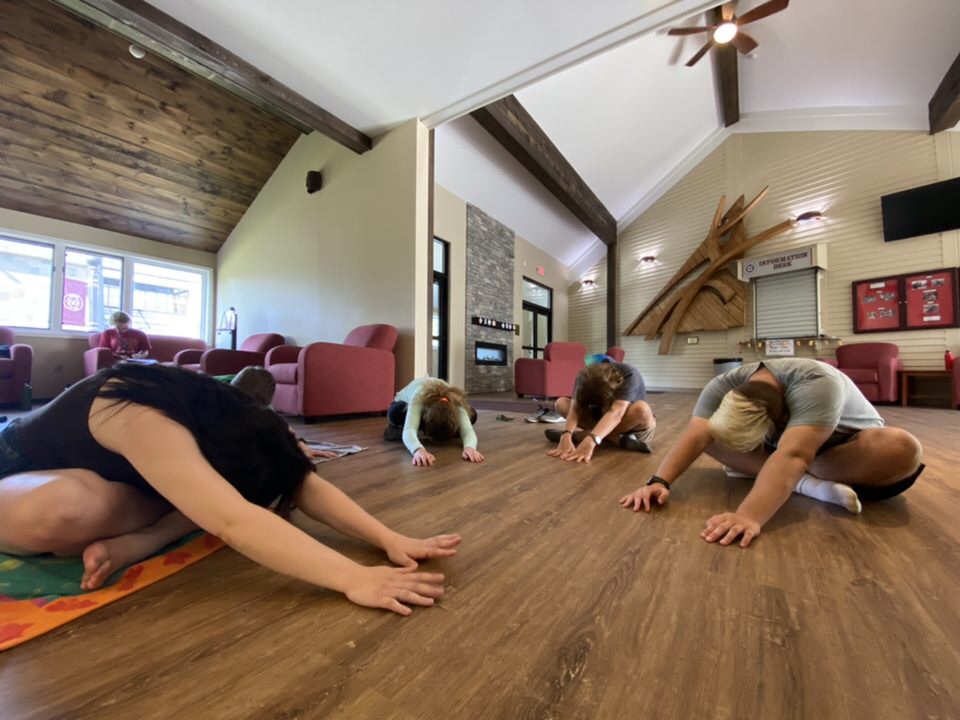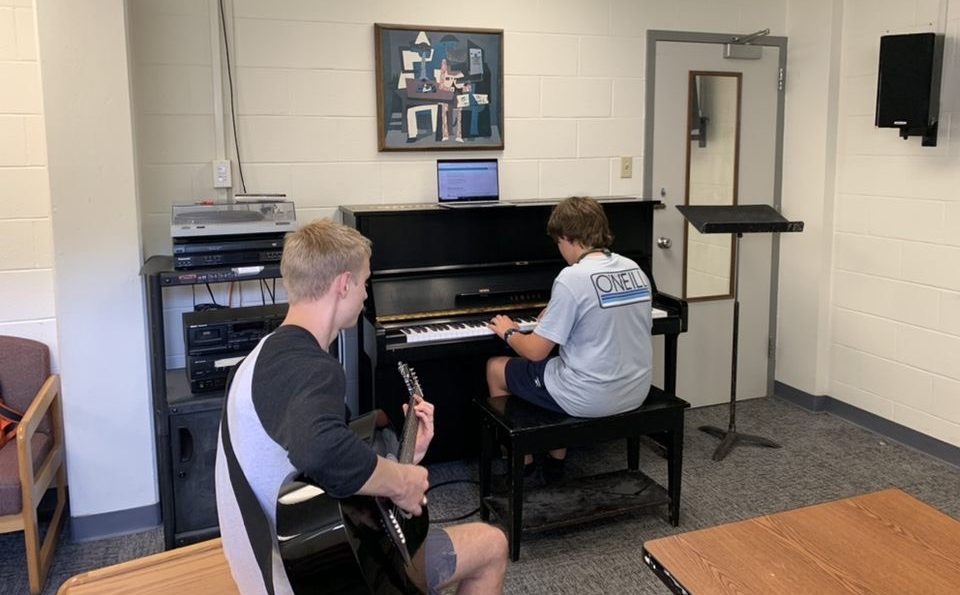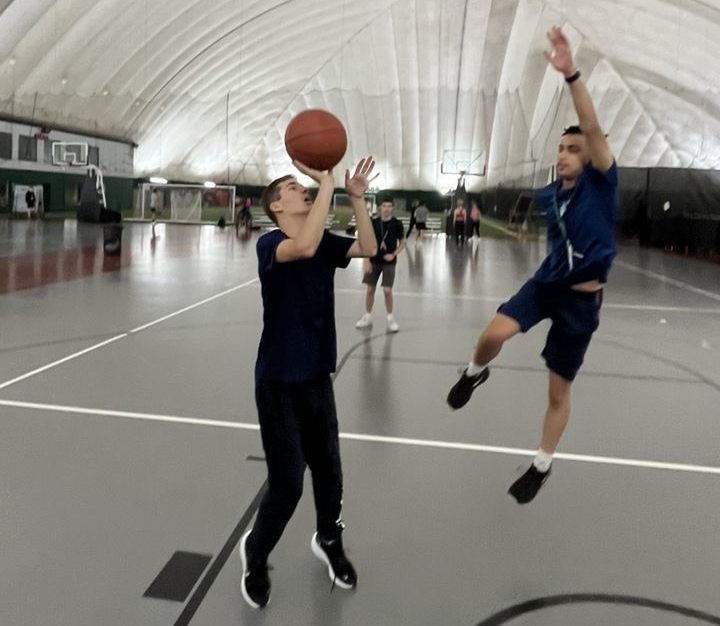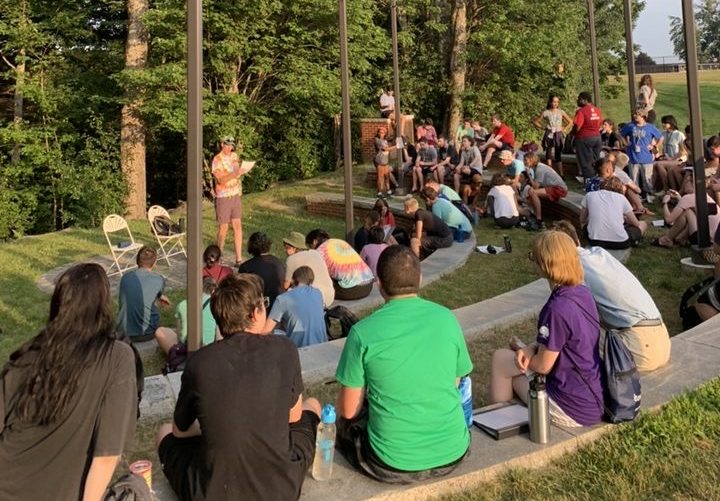We are so excited to start our Akeela Mini-Seminar Series! This will be a collection of videos that we put together throughout the year leading up to summer that will touch on variety of topics, from Asperger’s to NLD and transitions to independence to camp life! You can watch our first video below. We’ll always publish a related blog post to accompany the video. Thanks for tuning in!
Post-secondary transition
One thing that a lot of our families ask us about is how to prepare their teens for life after high school. We have worked with many teens with Asperger’s and NLD who have made the transition to college and heard stories of success and challenge. We want to share some tips and ideas of things you can start doing at home with your teen to help make their transition to college smoother.
Self-advocacy:
The most critical skill that helps teens be successful in their transition to college is self-advocacy. In middle school and high school, our campers often have many services provided for them through an IEP or 504 plan. When a teen makes their way into college, the required academic support goes out the window unless the student themselves advocates for it. Parents no longer have access to academic information, and professors more than likely won’t be responding to parent emails. So… what can you do now?
- Include your teens in any academic support meetings they are welcome to join and encourage them to talk about their needs for themselves. It’s a lot more empowering to talk about the support you need than to have someone do it for you.
- When there are problems to solve at home or when you’re out and your teen needs help with something, ask them to think about what they would do if you were not there. Give them a chance to problem solve and make a decision as opposed to giving them the answer.
Essentially, the goal is to give your teen more practice making decisions for themselves, so that when they HAVE to do that for themselves after high school, it feels a lot more natural and isn’t totally new for them.
Practice independence at home:
Giving teens opportunities to practice some basic independent living skills while they’re under your roof is very important. The sooner you feel comfortable starting to give your teen opportunities to practice these skills independently, the better. It’s OKAY to let your teens make mistakes when they practice these skills.
This goes for everything from morning and nighttime routines at home, cooking, going to the grocery store, managing laundry, and so on. Normalizing mistakes and celebrating successes are helpful strategies to keep your child feeling positively toward taking these steps toward their independence.
Executive functioning:
The last skill we want to focus on is executive function, which is an area many of our campers have challenges with. Executive function is the ability to plan and execute tasks. More specifically, the ability to take a complex task and break it into smaller simpler tasks and execute them. Many teens with Asperger’s or NLD have 504 or IEP plans that provide strategies to support executive functioning. Bring the tools and strategies that work in your teens academic setting into their home life. Have them practice those same strategies to stay organized in their routines at home!



